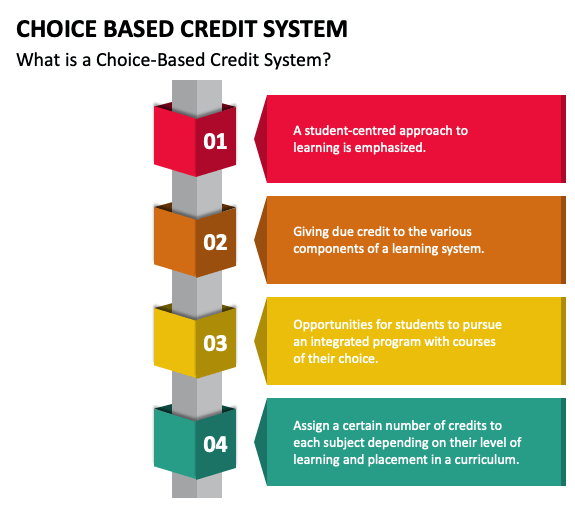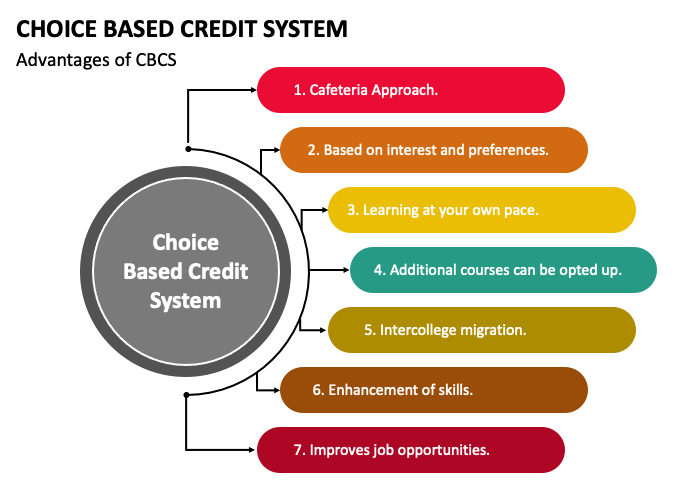“Science can amuse and fascinate us all, but it is engineering that changes the world.” -
Isaac Asimov

S.S. Jain Subodh P. G. College, Jaipur, is one of the best centres of teaching, learning and research nationally acclaimed in the field of higher education. The college received its autonomy in the year 2013 and has always been setting its own standards attaining the peaks as a prominent higher education institution. The institution has always acted as a torchbearer to all the students and contributed towards nation-building by rendering globally ready citizens. By designing its own curriculum in the undergraduate and post graduate level, it has rendered its best performance throughout the decade of autonomy witnessed by it and even during this period, the curriculum was student-centric with academic flexibility, filled with constructive ideas, innovations and employability opportunities. In the upcoming session, the college will incorporate the Choice Based Credit System (CBCS) thus improving upon the above-mentioned features of the curriculum and adding new vital features to it. It is the first step towards the implementation of National Education Policy (NEP).
The choice-based credit system (CBCS) is a flexible and learner centric approach to higher education that provides students with the ability to choose from a wide range of courses based on their interest, aptitude and career goals. The CBCS has shifted the focus from teacher- centric approach to student centric education. The students choose core courses, discipline specific elective courses, ability enhancement core courses and skill enhancement courses. The advantages of CBCS include flexibility in curriculum, skill development, academic mobility, personalized learning, inclusivity by offering a wide range of courses, catering to diverse student interest and aptitude, and Continuous Assessment and Feedback. Credits shall be given to the students on successful completion of each year of education. These credits can be saved in the Academic Bank of Credits (ABC), which the student can carry from one institution to the other, based on the student’s needs. The courses will be evaluated by means of the grading system, which is far improved than the conventional marks system. This grading system will be helpful for the students to move to different institutions within India and across various countries. The uniform grading system will also enable creating a common benchmark for assessing the performance of the candidates by potential employers in their organizations. UGC had formulated guidelines in order to create a uniform evaluation system and computation of the Cumulative Grade Point Average (CGPA) based on an individual’s performance in examinations which shall be applicable in the college.

- To improve critical thinking and inculcate interest in experiments.
- Out of 174 colleges which applied for DBT Star Scheme, 34 were selected in 2020-Subodh College was one of them.
- Eight Science departments of the college have been selected under this scheme.
- Numerous scientific events, trips, projects were organized under this scheme.
- Undergraduate students were provided with the opportunity to undertake projects in different subjects in the college laboratories and also write a report for the same. This served as a precursor for research in their subjects of interest in the future.